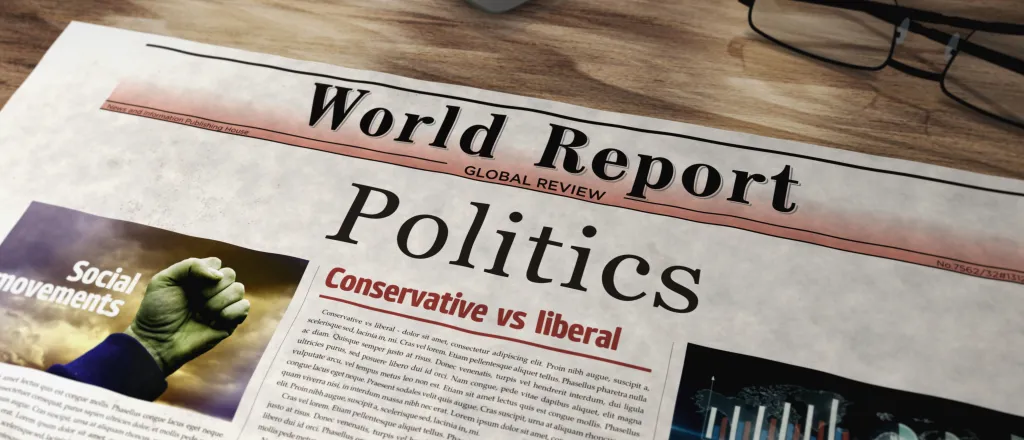
Politics: 2025Talks - November 19, 2025
© Arkadiusz Warguła - iStock-1890683226
Politics and views in the United States.
A federal court's ruling on Texas' congressional map sends the redistricting battle to the Supreme Court, while the state's governor labels a Muslim civil rights group a terrorist organization and cities deal with shifting federal energy policy and the shutdown.
TRANSCRIPT
Welcome to 2025 Talks, where we're following our democracy in historic times.
An issue is called an administrative stay.
That's to put this on hold for a short period of time, even a day or two days or three days or a week, until the full court can consider it.
South Texas College of Law Professor Josh Blackman says conservative Supreme Court Justice Samuel Alito will decide on an emergency request to review a federal court's decision to block Texas's new redrawn congressional maps as a racial gerrymander.
The lower court's ruling sets off an immediate scramble over what election rules will govern midterms there, and the high court could pause the ruling, uphold it, or revert to previous maps.
Texas Governor Greg Abbott has formally designated the nation's most important Muslim civil rights group as a foreign terrorist organization, without providing any proof.
Robert McCaul with the Council on American-Islamic Relations says Abbott's declaration has no legal or factual basis.
The governor of Texas has no authority to unilaterally declare any Americans or American institutions as hostile to the United States.
And so this is a publicity stunt, and we're going to push back.
Kerr argues the move is retaliation for its criticism of U.S. policy in Gaza.
The U.S. Senate has unanimously agreed to advance a House bill requiring the Justice Department to release the Jeffrey Epstein case files within 30 days.
The measure now heads to President Donald Trump, who says he'll sign it despite previously opposing disclosure.
Lawmakers in both parties are celebrating the move, while Democrats warn the Justice Department could still try to limit what becomes public.
The New York Times is reporting that Trump has approved CIA plans for covert action in Venezuela.
In Indiana, political tensions continue to rise as lawmakers weigh redistricting demands from Trump and Governor Mike Braun.
Some Republican lawmakers there are unusually resistant.
Indiana Senate President Rod Brace says the legislature doesn't typically make changes of that magnitude without a chance to debate them. - We don't typically come in in the special session for that.
We do it early in January.
We understand we have to do it relatively quickly. - Some Republicans argue reopening the maps now could strengthen representation, while others warn mid-cycle changes would be disruptive and politically driven.
Legislative leaders are expected to outline next steps for the 2026 session later this week.
In Cincinnati, local leaders are scrambling to move clean energy work forward, even as federal funding fluctuates.
Ollie Krohner, director of Cincinnati's Office of Environment and Sustainability, says cities are adapting in real time, first to cuts from the administration and now to the aftermath of the shutdown.
Energy is at the center of the equation.
The more we can invest in clean energy, the more we can march towards our climate goals and deliver more affordable energy for the people in our cities.
He says inflation and rising energy costs are making the efforts more important.
I'm Farah Siddiqui for Pacifica Network and Public News Service.
Find our trust indicators at publicnewsservice.org.
















